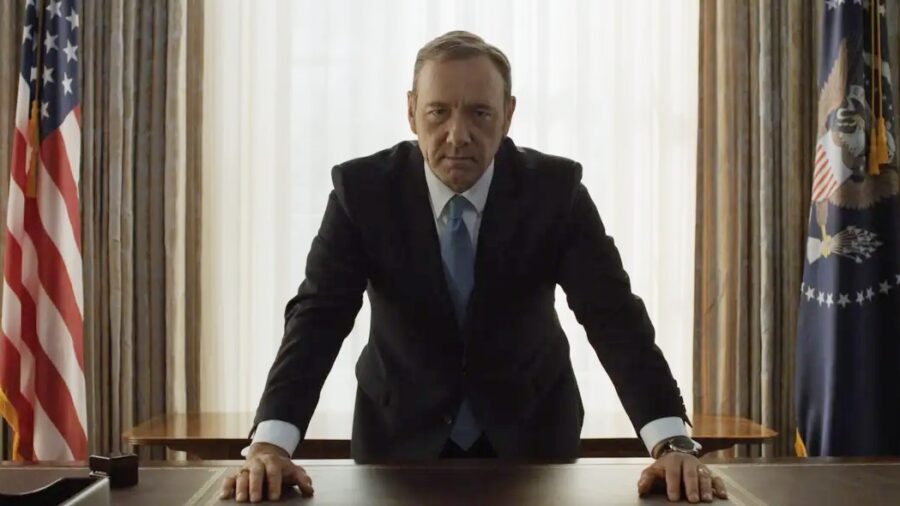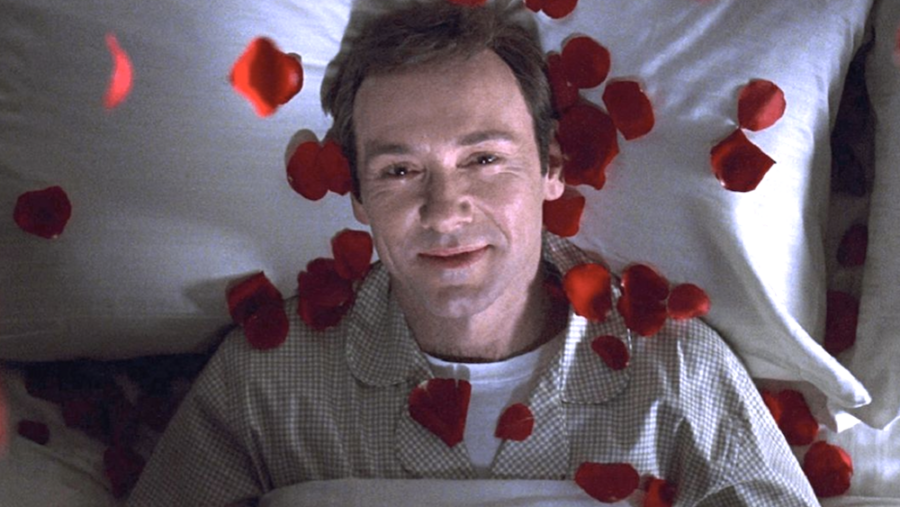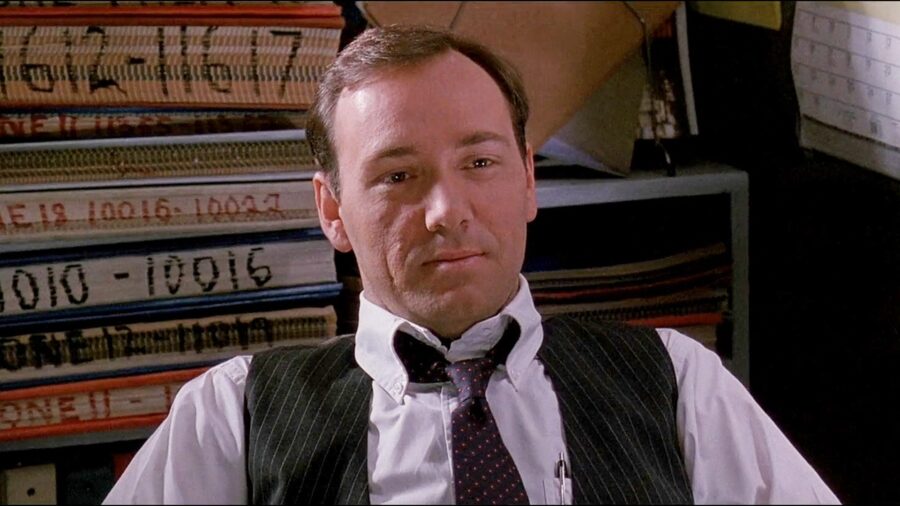Kevin Spacey Getting Standing Ovation At Colleges About Surprising Subject

The first time Kevin Spacey appeared on stage since being acquitted of sexual assault, he received a standing ovation. According to Deadline, the crowd watching the actor’s performance at a University of Oxford lecture loved the Hollywood actor enough to stand up and cheer for him during their applause. The event took place as part of a lecture series on cancel culture in memory of the renowned philosopher Sir Roger Scruton.
Kevin Spacey, known for his roles in hit movies like American Beauty and the acclaimed TV series House of Cards, had been embroiled in a tumultuous legal battle after the actor was accused of multiple accounts of sexual assault a few years ago. Last July, Spacey was cleared of all nine charges, which encompassed seven allegations of sexual assault, one accusation of coercing someone into non-consensual sexual activity, and another of coercing someone into non-consensual penetrative sexual activity.
Kevin Spacey gave a speech at the University of Oxford about cancel culture, and the students responded with a standing ovation.
These charges were brought by four men who claimed that the incidents occurred between 2001 and 2013, a period when Kevin Spacey held the position of artistic director at London’s Old Vic theater. Spacey’s appearance at this lecture at Oxford provided an opportunity to reenter the public eye and address the ongoing discourse on cancel culture since being cleared of all charges.

Two weeks after Kevin Spacey was rushed to the hospital following symptoms of a heart attack, the actor appeared at Oxford to perform a piece from William Shakespeare. He was introduced by writer and free speech advocate Douglas Murray, who delved into what lessons the works of Shakespeare could impart in the context of cancel culture.
While Kevin Spacey’s legal battles have cast a shadow over his career, his performance at Oxford underscored that his acting abilities remain intact and potent.
Kevin Spacey delivered an impassioned five-minute scene from Shakespeare’s Timon of Athens. Despite being prompted by cue cards, the actor’s performance was apparently a riveting showcase of his talent and resilience.
When Kevin Spacey concluded his scene, the audience erupted into a standing ovation, followed by a resounding applause that lasted for over 40 seconds. U.K. writer Emma Webb, who attended the event, described the performance as “phenomenal.”

This ovation is a testament to the complicated relationship between artistic talent and personal conduct. While Kevin Spacey’s legal battles have cast a shadow over his career, his performance at Oxford underscored that his acting abilities remain intact and potent. The resounding applause is likely to reignite debates about cancel culture and whether it should extend to effectively silencing artists who have faced allegations.
The standing ovation at Oxford’s lecture on cancel culture and the recent cancellation of the film premiere demonstrates that Kevin Spacey remains a polarizing actor.
However, Kevin Spacey’s reception at Oxford starkly contrasted with recent events in London. The Prince Charles Cinema had initially planned to host the premiere of Spacey’s new film, Control, a Welsh thriller. Yet, after discovering that Spacey had a voice role in the movie, the cinema decided to cancel the screening.
The standing ovation at Oxford’s lecture on cancel culture and the recent cancellation of the film premiere demonstrates that Kevin Spacey remains a polarizing actor. His return to the spotlight raises continuously essential questions about the intersection of personal conduct, artistic talent, and the impact of cancel culture on an individual’s career.
As the debate continues to flare, Kevin Spacey’s appearance at the University of Oxford and the standing ovation it garnered will undoubtedly be remembered as a defining moment in the ongoing discourse surrounding cancel culture, forgiveness, and the boundaries of public redemption.











